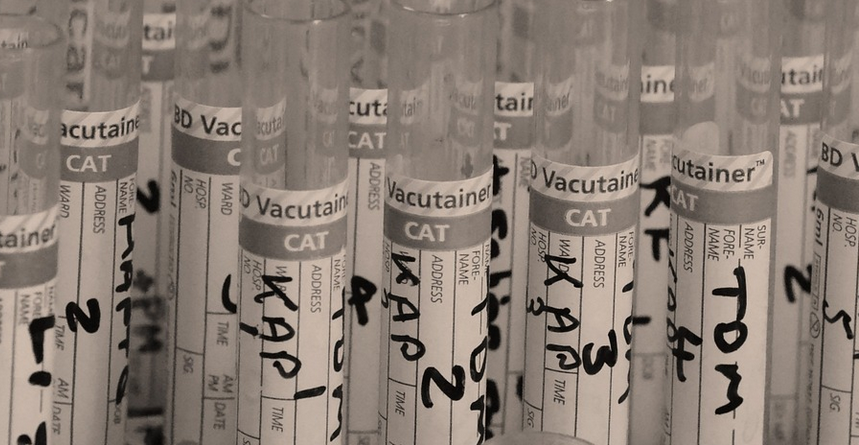Introduction
Allergies are becoming increasingly common in today’s world. Some people are allergic to certain types of food, and casein and whey allergy are two of them. Casein and whey are two types of protein found in milk and dairy products. These proteins can cause allergic reactions in some individuals. In this article, we will discuss the symptoms, causes, and treatment of casein and whey allergy.
Symptoms
The symptoms of casein and whey allergy can vary from person to person. Some people may experience mild symptoms, while others may have severe reactions. Common symptoms of casein and whey allergy include hives, itching, swelling, difficulty breathing, and stomach cramps.
Causes
Casein and whey are two types of protein found in milk and dairy products. When someone is allergic to these proteins, their immune system mistakes them for harmful substances and produces an allergic reaction. The exact cause of casein and whey allergy is not known, but it is believed to be genetic.
Diagnosis
To diagnose casein and whey allergy, your doctor may perform a skin prick test or a blood test. These tests can detect the presence of antibodies in your blood that indicate an allergic reaction to casein and whey. Your doctor may also ask you to keep a food diary to track your symptoms and identify any potential triggers.
Treatment
The best way to treat casein and whey allergy is to avoid foods that contain these proteins. This means avoiding milk, cheese, yogurt, and other dairy products. Your doctor may also recommend antihistamines or steroids to relieve your symptoms. In severe cases, an epinephrine injection may be necessary to treat anaphylaxis, a life-threatening allergic reaction.
Prevention
Preventing casein and whey allergy involves avoiding foods that contain these proteins. If you have a known allergy to casein or whey, make sure to read food labels carefully and avoid any foods that contain milk or dairy products. You should also carry an epinephrine auto-injector with you at all times in case of a severe allergic reaction.
Conclusion
Casein and whey allergy can be a serious condition that requires medical attention. If you suspect that you may be allergic to these proteins, talk to your doctor. By avoiding dairy products and carrying an epinephrine auto-injector, you can manage your allergy and prevent potentially life-threatening reactions.

